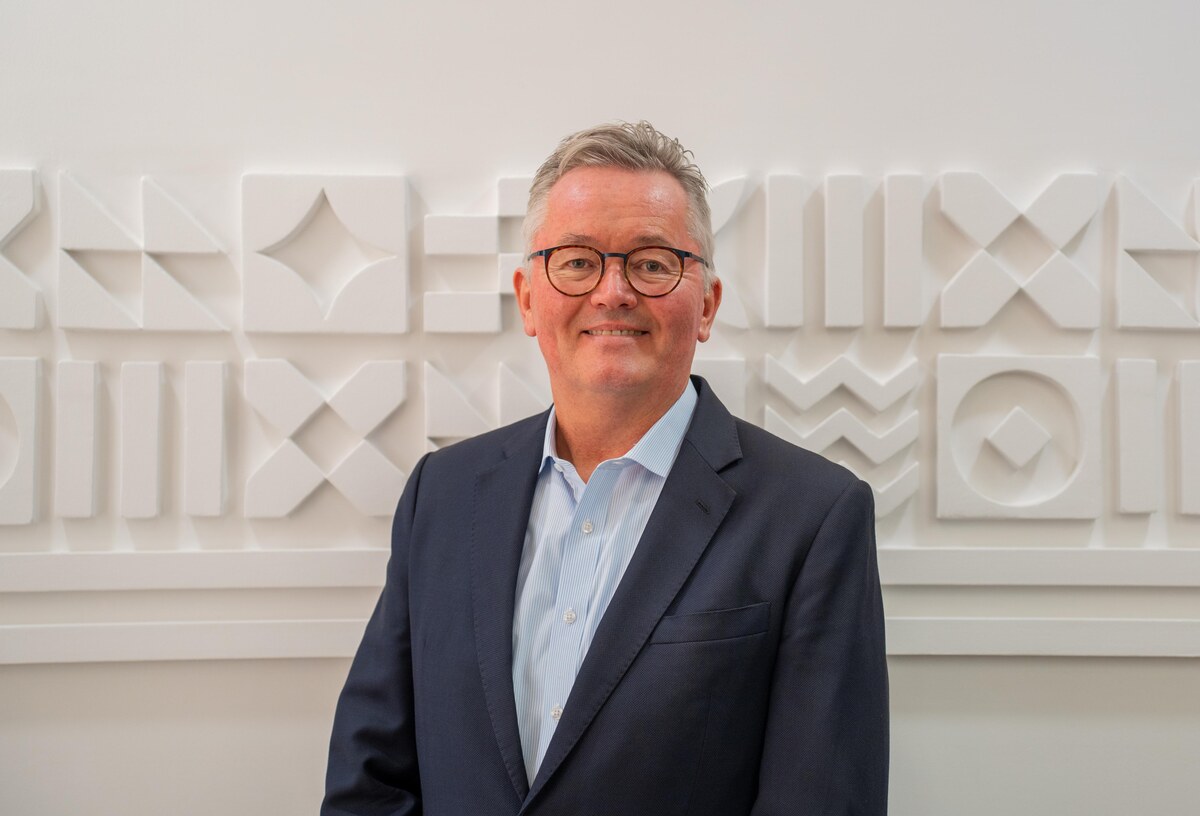RIYADH: Regulations implemented by the Saudi Central Bank from 2020 until the end of the first half of this year have enhanced Islamic banks’ transparency and Shariah governance, an analysis revealed.
According to a report by Fitch Ratings, these Islamic-finance-specific rules have also increased consumer confidence in the products’ Shariah-compliance.
The US-based credit rating agency further revealed that Saudi Arabia is the largest Islamic banking market globally.
In April, another report released by S&P Global noted that the Islamic banking industry grew by 8 percent and 8.2 percent in 2023 and 2022, respectively, driven by the expansion of banking assets and the sukuk industry.
S&P Global also noted that Islamic banking assets grew 56 percent in 2023 compared to 72 percent in 2022.
Financial institutions across the Gulf Cooperation Council region accounted for 86 percent of the reserve increase in 2023, with Saudi Arabia becoming the chief contributor, generating 56.7 percent of the expansion.
In the latest report, Fitch Ratings added that the operating environment for these financial institutions will be favorable in the second half of this year.
Combating the challenges
The report also highlighted some persistent issues in the Islamic banking sector, including low standardization, still-developing Shariah finance regulations, and fragmented disclosures.
According to Fitch Ratings, the Kingdom’s Financial Sector Development Program Charter 2021 is expected to accelerate the growth of the Islamic finance sector by resolving the challenges.
“There is still no centralized Shariah board, which could further harmonize industry practices. One of the goals of the government’s Financial Sector Development Program Charter 2021 is to enhance the Shariah governance structure and increase transparency,” said Fitch in the report.
It added: “The regulations issued cover profit-sharing investment accounts, aiming to enhance Shariah compliance, raise transparency, and set minimum regulatory requirements.”
Fitch Ratings revealed that Saudi Islamic banks have included PSIA-related disclosures in their financial statements since end of 2023.
While the bank would bear losses in the case of its default, negligence, or violation of any terms and conditions of the PSIA agreement, these would otherwise could be borne by investors, the report added.
“This is in line with rated Islamic banks in other jurisdictions, and Fitch would view PSIAs bearing a loss as a default. In practice, Fitch believes that depositors will not bear losses due to the impact this would have on confidence in the banking system. PSIAs grew to 7.1 percent of Shariah-compliant deposits at end-2022,” added Fitch Ratings.
Moreover, SAMA has also issued additional capital adequacy requirements for Shariah-compliant banking.
Fitch said that it does not expect a material impact from the adoption of the capital adequacy requirement rule as there is no material change in the treatment between SAMA’s existing framework applicable for conventional banks and that for Islamic banks.
“The regulator has released a Shariah governance framework for local banks and finance companies, with the aim of strengthening Shariah-governance procedures and boosting confidence in the Islamic finance sector,” said the report.
It added: “Rules on new banking products and services include the need for Shariah committee approvals for new Islamic products, among other requirements. Guidelines on repurchase agreements were also issued, with provisions related to late payment amounts and that parties will not claim any dispute on the grounds of Shariah-compliance of the repo agreements.”
The analysis further pointed out that the apex bank is planning to set up a centralized Shariah board to harmonize all financial institutions’ approaches to Shariah compliance.
Fitch went on to say that SAMA previously regulated Islamic financial institutes in the same way it regulates conventional banks. However, the new rules have changed this approach.
“There have been further changes in previous years, such as the fact that all residential mortgages in Saudi Arabia must be Shariah-compliant, in accordance with the Real Estate Finance Law. This, along with strong public demand, has supported the strong Islamic financing growth in Saudi Arabia,” the report concluded.























